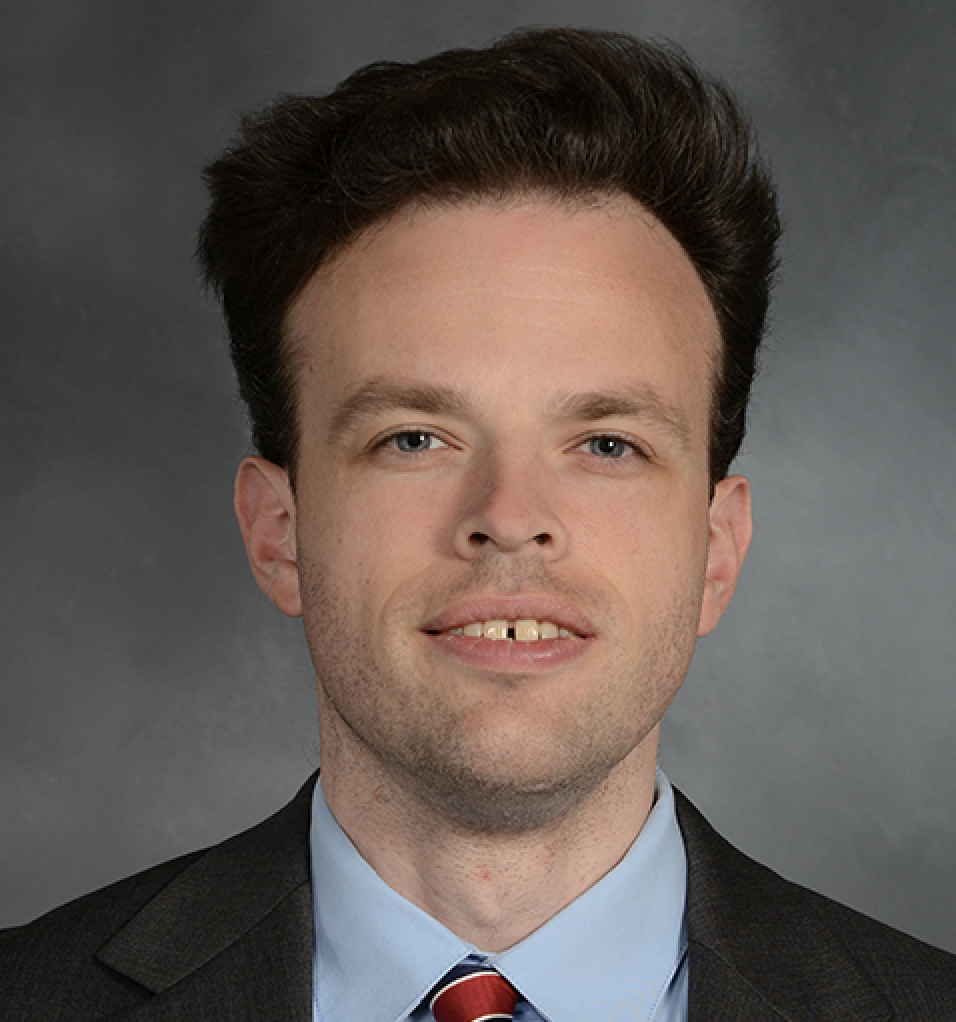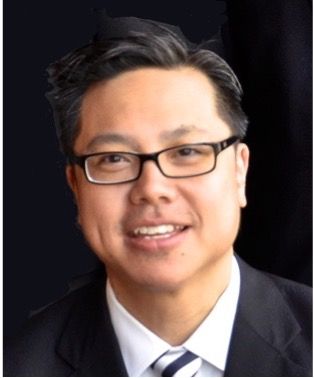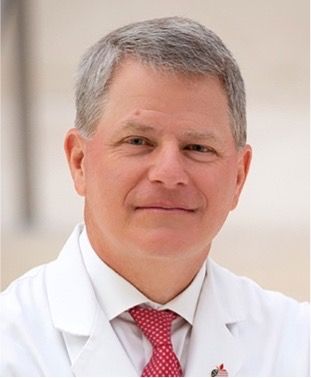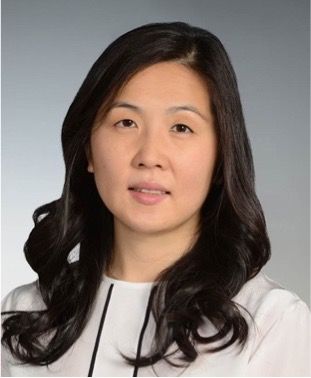Hypertrophic Cardiomyopathy (HCM)
Hypertrophic cardiomyopathy (HCM) is the most common genetic cardiovascular disease. Our team at Weill Cornell Medicine understands that every individual with HCM is affected differently, and our goal is to offer a holistic evaluation and a personalized treatment plan for you and your family members. With our multidisciplinary team, you can be confident in the care you receive.
What is Hypertrophic Cardiomyopathy (HCM)?
Hypertrophic cardiomyopathy is a genetic condition in which the heart muscle becomes abnormally thick (a process called hypertrophy). This thickening can make it harder for the heart to relax and fill properly, and in some cases, it can block blood flow out of the heart. Over time, the thickened muscle may also develop areas of scarring that can affect the heart’s electrical system and pumping function. HCM can be obstructive or nonobstructive. In obstructive HCM, the thickened muscle partially blocks blood flow leaving the heart. In nonobstructive HCM, the muscle is thickened but does not significantly block blood flow. Common symptoms include shortness of breath (especially with exertion), chest pain, palpitations, lightheadedness, fainting, and abnormal heart rhythms such as atrial fibrillation or ventricular tachycardia. However, some people with HCM may have few or no symptoms.
Care offered at our HCM Program
Our HCM program is actively engaged in research aimed at advancing the understanding, diagnosis, and treatment of HCM. Through participation in clinical trials, outcomes-based studies, and collaborative research networks, our multidisciplinary team contributes to the development of evidence-based therapies and best practices. This research-focused approach allows us to translate the latest scientific discoveries directly into patient care, ensuring that individuals with HCM benefit from innovative treatments and continually improving clinical standards.
Genetic Testing
Echo
Cardiac MRI
Holter Monitor
Surgery
ASA
Advanced Therapies
Electrophysiology
Pediatric Evaluation
Ongoing and Past HCM Research
Our HCM program is actively engaged in research aimed at advancing the understanding, diagnosis, and treatment of HCM. Through participation in clinical trials, outcomes-based studies, and collaborative research networks, our multidisciplinary team contributes to the development of evidence-based therapies and best practices. This research-focused approach allows us to translate the latest scientific discoveries directly into patient care, ensuring that individuals with HCM benefit from innovative treatments and continually improving clinical standards.
Ongoing Research
- WCMC Hypertrophic Cardiomyopathy Initiative. A study to assess how the introduction of a specialized HCM program influences the frequency of recommended diagnostic tests, management practices, and patient outcomes.
- A Phase 3, Multi-center, Randomized, Double-blind Trial to Evaluate the Efficacy and Safety of Aficamten Compared to Placebo in Adults with Symptomatic Non-obstructive Hypertrophic Cardiomyopathy.
- A Follow-Up, Open-Label, Research Evaluation of Sustained Treatment with Aficamten (CK3773274) in Hypertrophic Cardiomyopathy (HCM).
- Hypertrophic Cardiomyopathy Clinical Research Database
- Long Term Outcomes of Hypertrophic Cardiomyopathy: A Report from the NHLBI HCM Registry
Past Research
- Use of artificial intelligence in the multimodal evaluation of ischemia in patients with hypertrophic cardiomyopathy, https://pubmed.ncbi.nlm.nih.gov/41233703/
- Hospital Volume Outcomes After Septal Myectomy and Alcohol Septal Ablation for Treatment of Obstructive Hypertrophic Cardiomyopathy: US Nationwide Inpatient Database, 2003-2011, https://pubmed.ncbi.nlm.nih.gov/27438114/
- JACC abstract, Septal myectomy outcomes and mitral valve replacement by hospital volume for obstructive hypertrophic cardiomyopathy, https://www.jacc.org/doi/abs/10.1016/S0735-1097%2825%2901897-2
Schdeule an Appointment
To schedule an appointment to see one of our physicians with expertise in hypertrophic cardiomyopathy, please call (646) 962-5558.
If you are already an established patient, you may also request an appointment online using Weill Cornell CONNECT. We will make every effort to contact you within 24 hours.
Our staff is here to help coordinate your care. They will provide you with information on our physicians, their areas of expertise and help arrange for your visit and other testing when appropriate.
For more information about the HCMA and living wih HCM visit: Hypertrophic Cardiomyopathy Association
Prepare for Your Appointment
To prepare for your appointment, please ensure to bring the most recent reports (if available) of your echocardiogram, cardiac MRI, ambulatory holter monitor, stress echocardiogram, and other cardiac testing. If possible, it is best to also bring a CD containing images of your most recent echocardiogram. If you have a family history of HCM, please bring details of this history (who has been diagnosed, their clinical trajectory, and the results of any genetic testing).
Visitor Information
Learn more about how to prepare for your appointment, what to expect, and getting to your appointment.









